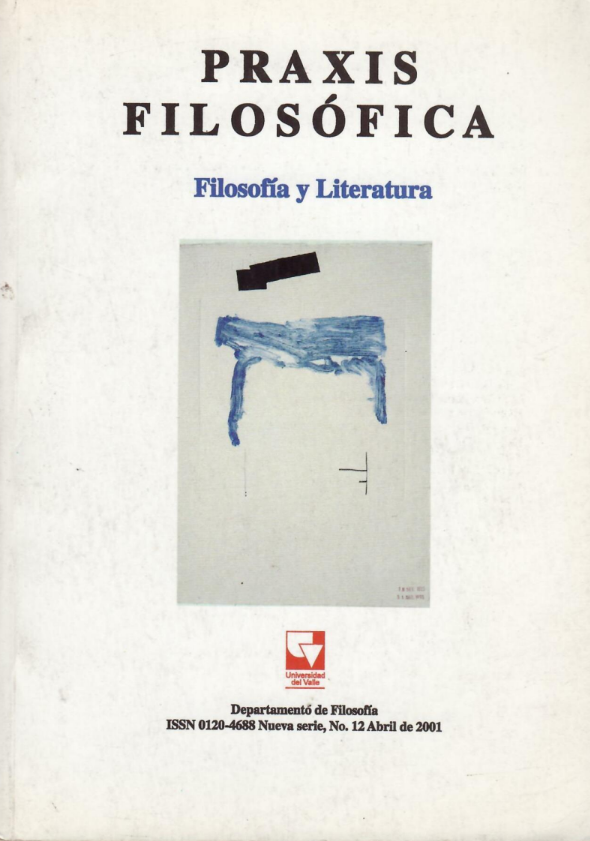The two voices of civiltà in the thought of Giacomo Leopardi
Main Article Content
This article, an excerpt from a longer essay by the author on the Italian poet and philosopher Giacomo Leopardi, examines the significance of the dual writing style of the author of Canti and Operette Morali for any hermeneutics of culture. After defining the discursive site of the Italian thinker, the article proposes, in response to Leopardi's lingering musical metaphoricity, a literary, philosophical, and political listening to the two voices of civiltà. Beyond a hermeneutic meditation on the relationship between poetry and philosophy, this reading shows how Leopardi's dual writing expressly realizes the destiny of an original implication of poetry and philosophy prior to the diaphora between philosophy and literature and the distinction between rhetoric and poetry. The three argumentative moments of the text expose the apocalyptic nosology of Leopardi's civilization, his characterization of the figures of Philosopher and Poet in radical opposition to the discourse of the Enlightenment, and finally, through the metaphysical labyrinth of definitions of Philosophy and poetic fiction, describes the subtle hunts for pain and illusion that would mark the subsequent hermeneutics of culture, particularly those of Nietzsche, Michelstaedter, and to a certain extent Wittgenstein. The “apocalyptic” nosology is thus countered by an “apocatastatic” ultra-philosophy of hope. The two paths of Leopardi's civiltà are not mere dead letters; they are the voices of Illusion.
- Marc Jean-Bernard, Grammar and phenomenology of perception , Praxis Filosófica: No. 10/11 (1999): Praxis Filosófica, Nueva serie-No. 10/11 (1999)
- Marc Jean-Bernard, Text Zum Spielen The Dramatic Logic of the Sonata Form , Praxis Filosófica: No. 7 (1997): Praxis Filosófica, Nueva serie-No. 7 (1997)
- Marc Jean-Bernard, Saludo a los lectores , Praxis Filosófica: No. 12 (2001): Praxis Filosófica, Nueva serie-No. 12 (2001)

This work is licensed under a Creative Commons Attribution-NonCommercial-ShareAlike 4.0 International License.
De acuerdo con nuestra política (Licencia Creative Commons CC BY-NC-SA 4.0) los artículos presentados y sometidos al proceso editorial en la revista Praxis Filosófica no tienen costo alguno para sus autores ni retribuciones económicas para la revista. El artículo de carácter inédito, producto de investigación o de algún proyecto que se presente a Praxis Filosófica, no podrá estar sometido a otro proceso de publicación durante el proceso que se lleve en nuestra revista.





